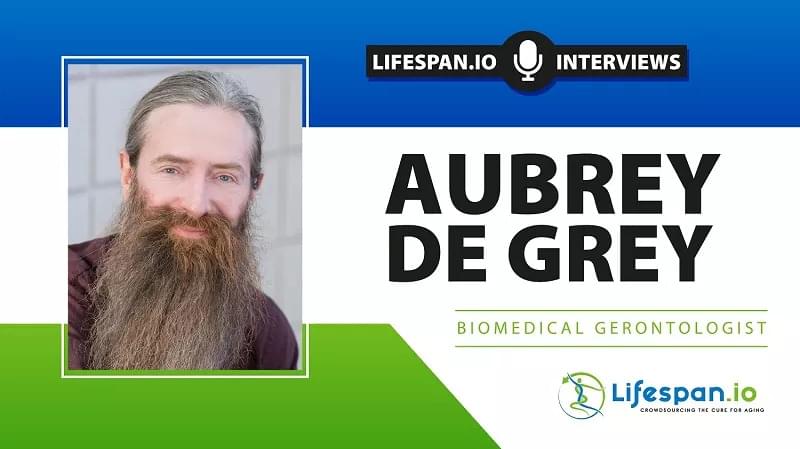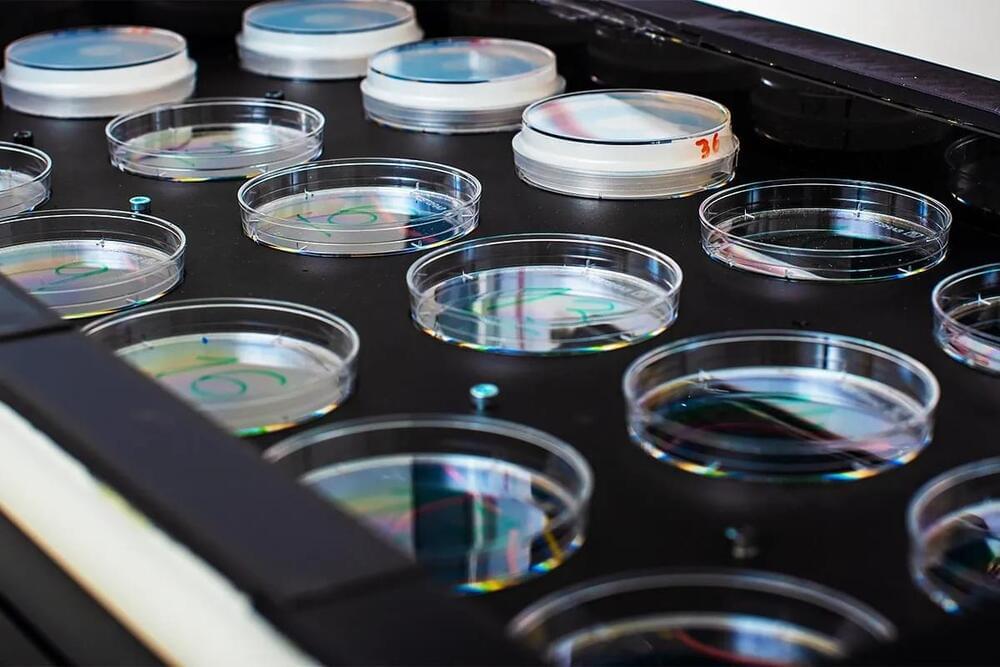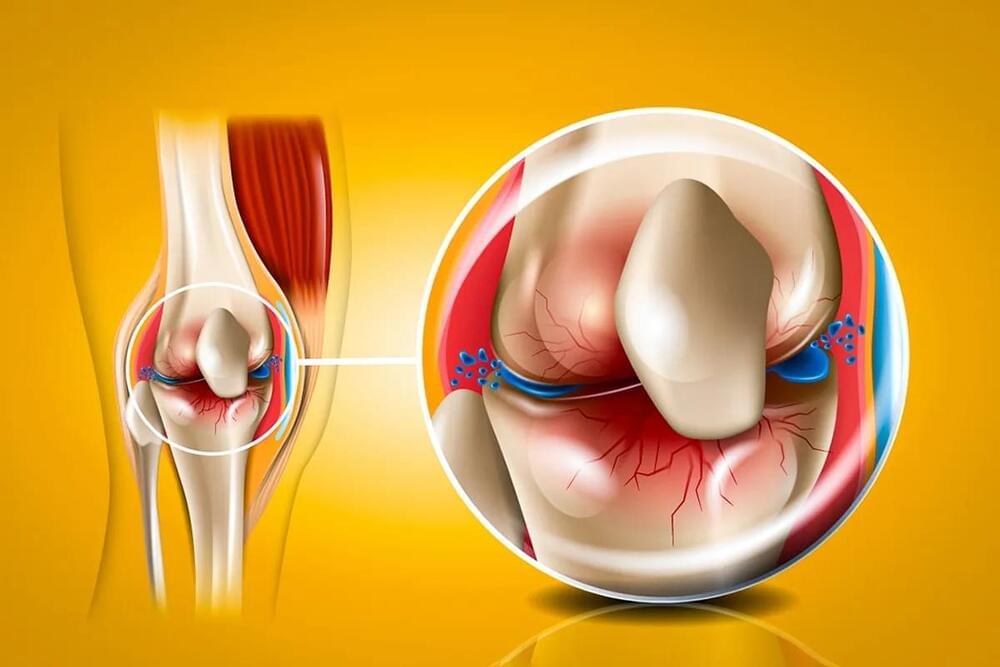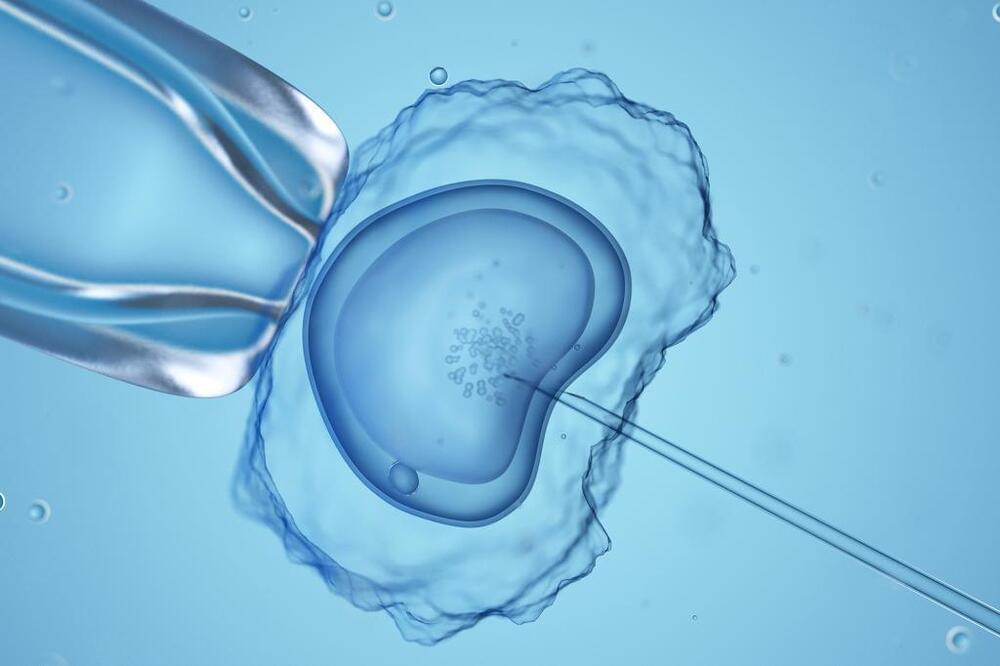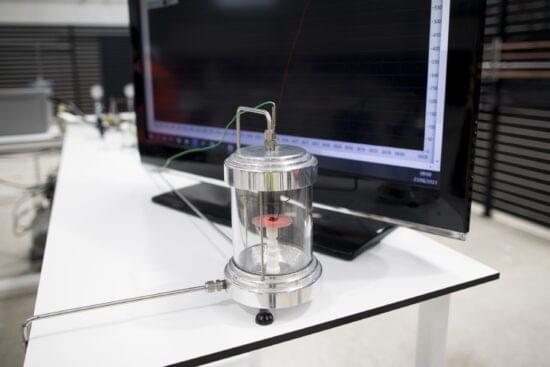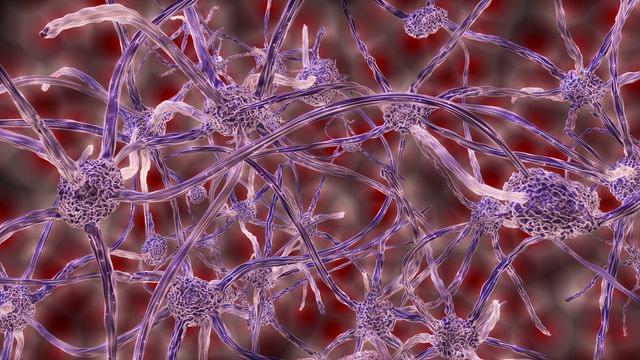Star Scientific invents a catalyst that in the presence of hydrogen and oxygen heats to 700 Celsius. That’s enough heat to drive a steam turbine for power generation.
Star Scientific is a 25-year-old research laboratory north of Sydney, Australia. The company is one of many trying to make existing power plants carbon-free. This includes old coal-fired thermal power stations which remain among the biggest contributors to greenhouse gas emissions on the planet. Star has invented a patented non-polluting catalyst which it calls HERO® which is an acronym for Hydrogen Energy Release Optimizer. It uses hydrogen without producing combustion.
Mars Food Australia, the subsidiary of the global food giant, is using HERO® to help decarbonize its processes. The 18-month pilot project is the first step in developing alternative heat sources for the food industry. Bill Heague who is General Manager of Mars in Australia states, “Thermal energy is crucial to the business of cooking food and this technology has the capability to create limitless heat without any combustion and zero emissions.”
But this is only the beginning because Star has plans to introduce the technology into legacy coal-fired power plants to retrofit existing generators to run on green hydrogen. In an interview with Bloomberg Green, Andrew Horvath, Chairman of Star Scientific states, “We think there are a lot of opportunities in existing steam turbines that have some longevity…Why would you throw them away? They’re already connected to the grid.” He cites the example of Japan where 70% of its existing turbines still have 40 years of life left.
